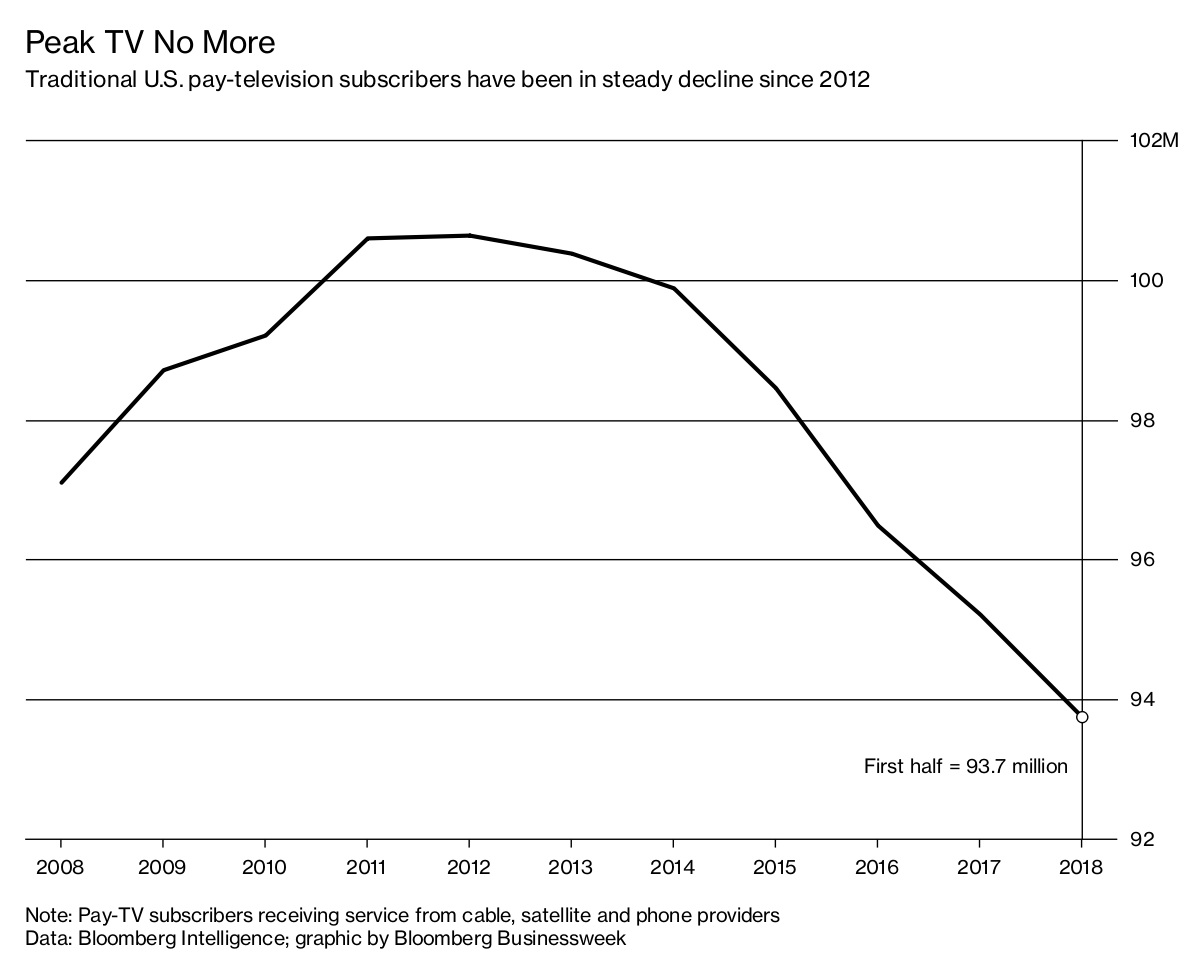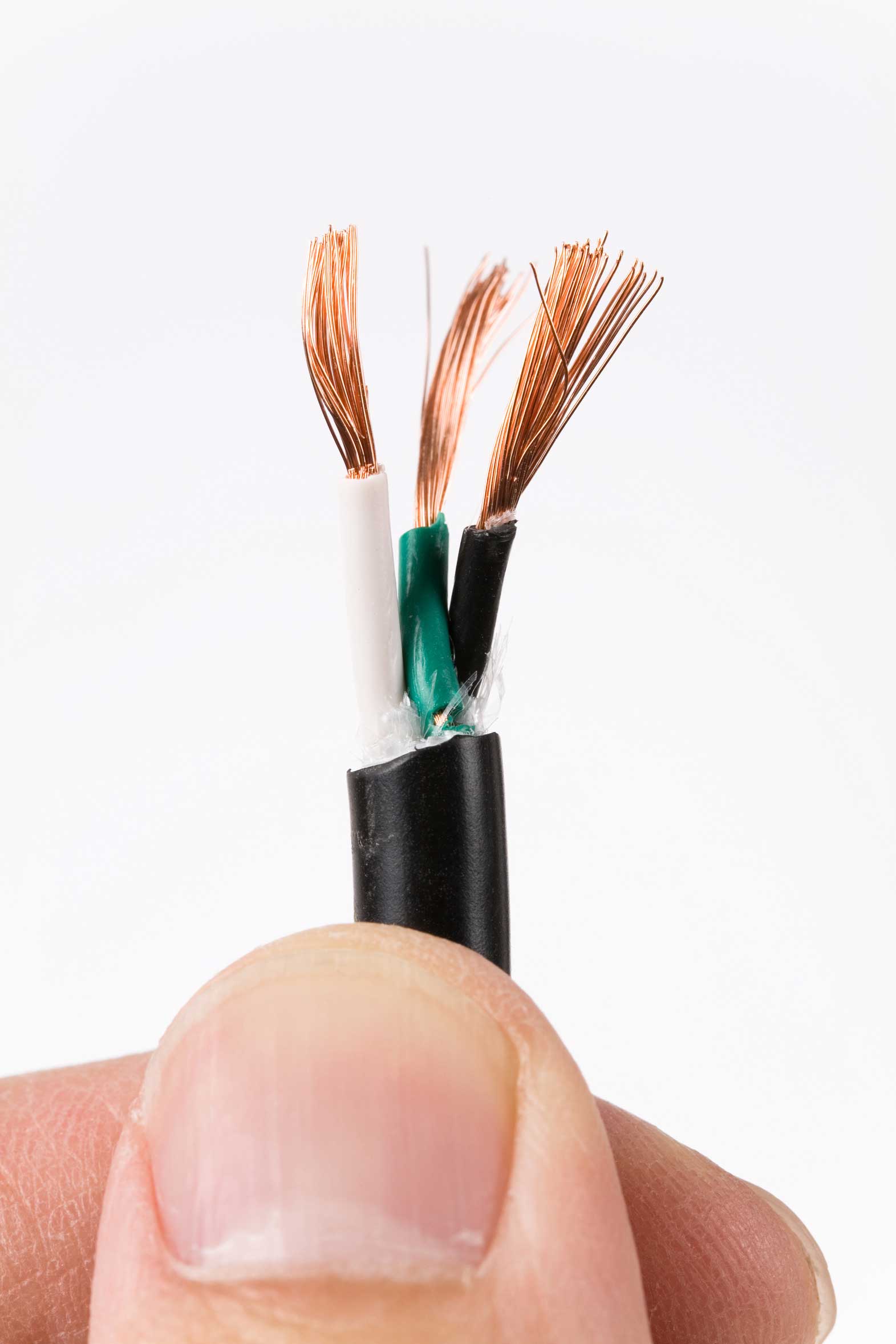According to Bloomberg, Americans are canceling their pay-TV subscriptions at the rate of six people per minute. The global news and financial data provider says that the reasons consumers are abandoning cable subscriptions are not a mystery, seeing as they’re ‘expensive’ and there are cheaper alternatives everywhere.
Bloomberg believes that the answers for this situation can be found in a number of key areas, namely the licensing of reruns to Netflix, the shelling out of billions for sports rights, slimmer pay-TV bundles, and ‘failing to promote a Netflix killer called TV Everywhere.’

TV bundles which were launched in the 1990s and were to be found in all homes in 2000, have fallen from 100 million subscribers in the past five years, to 95 million. This past quarter alone, Comcast, Charter, Dish and AT&T saw a dip in subscriptions to the tune of 744,000. This decline is the cause of a number of blockbuster mergers reshaping the media landscape, such as AT&T buying Time Warner, Walt Disney acquiring much of Fox, and Comcast pursuing Sky. Entertainment companies are watching their businesses decline and are deciding they just need to get bigger, expand globally, and compete with massive rivals like Netflix, or get out of the game altogether.
Bloomberg also asserts that the TV industry ‘isn’t suffering financially’ because it is constantly raising prices on its remaining customer base. The average pay-TV customer typically spends $106.20 a month, an increase of 44% over 2011 (Leichtman Research Group). Both satellite and phone companies have generated $1.8 trillion in revenue from selling TV services since 1980. Meanwhile, revenues last year topped $116 billion.
Many experts believe that the cable bundle is not sustainable and that there will be a ‘reckoning’. “You’ve got high prices, big bundles, and broadband,” says Warren Schlichting, group president of Sling TV, which has more than 2 million people paying for an online service that starts at $25 and offers about 30 channels. “At some stage, the consumer is going to revolt.”
Martin, a seasoned journalist and AV expert, has written for several notable print magazines. He’s served in key roles at Lucasfilm’s THX Division, NEC’s digital cinema division, and has even consulted for DreamWorks. Despite his illustrious career, Martin remains rooted in his passion for cinema and acting, with notable appearances in several Spielberg films, Doctor Who, and Star Wars: The Empire Strikes Back. He currently resides in San Francisco.
Post Disclaimer
Some of our content may contain marketing links, which means we will receive a commission for purchases made via those links. In our editorial content, these affiliate links appear automatically, and our editorial teams are not influenced by our affiliate partnerships. We work with several providers (currently Skimlinks and Amazon) to manage our affiliate relationships. You can find out more about their services by visiting their sites.





Similar threads
- Robert Harris
- Blu-ray and UHD
2